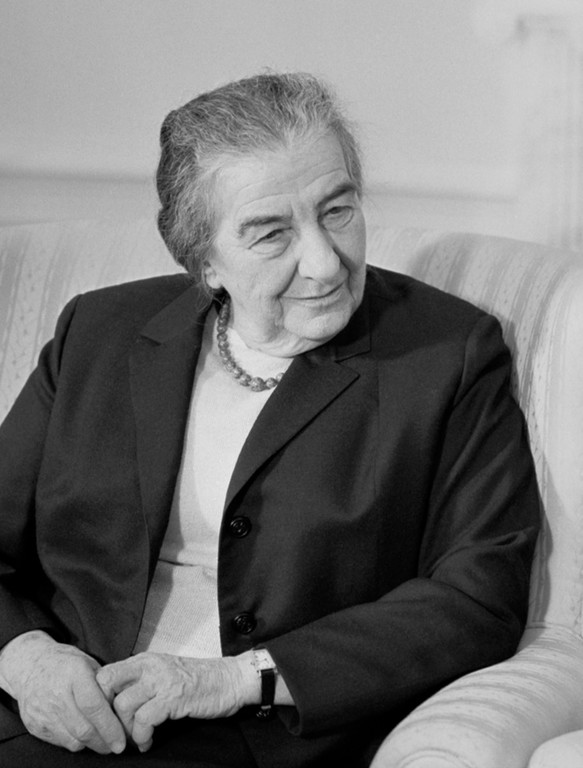The mystery of Golda Meir’s golden gems
It is one of the most iconic quotes of modern Jewish history—universally known; revered for its heartfelt message; and frequently cited by historians, biographers, journalists, and politicians as well as by ordinary citizens throughout the world, Jews and non-Jews alike: “Peace will come when the Arabs will love their children more than they hate us.”
But did Golda Meir—a signer of Israel’s declaration of independence who went on to serve the country in many crucial roles including, of course, prime minister—to whom this august dictum is attributed, really say it?
It never dawned on me to question the remark’s authenticity, as I’d always assumed it was an unassailable and indelible part of oratory history, in a class with the immortal “Four score and seven years ago” and “I have a dream.”
But doubts started to surface while I was researching an article on the greatest Jewish quotes of the 20th century. After rummaging through a plethora of sources and giving much consideration to a number of linguistic gems, I selected my 10 illustrious quotes, with Meir’s statement among them.
Pithy, earnest, and beseeching, it always seemed the quintessential expression of the frustration Israelis have experienced in desiring to live in peace with their Arab neighbors. I was curious to learn the context in which Meir made this remark and, because words are frequently altered from one citing to another, I wanted to find the quote’s original source to make sure I had her precise words.
The quote has been reproduced in countless books and articles in print as well as online, and many of these cite as their source “A Land of Our Own: An Oral Autobiography,” written by Golda Meir, edited by Marie Syrkin, and published by G. P. Putnam’s Sons in 1973. The quote appears, along with several others, on the last page of the book’s text (before the index) under the heading “On Peace.” Its source is given as: National Press Club, Washington, 1957.

 51.0°,
Overcast
51.0°,
Overcast 




